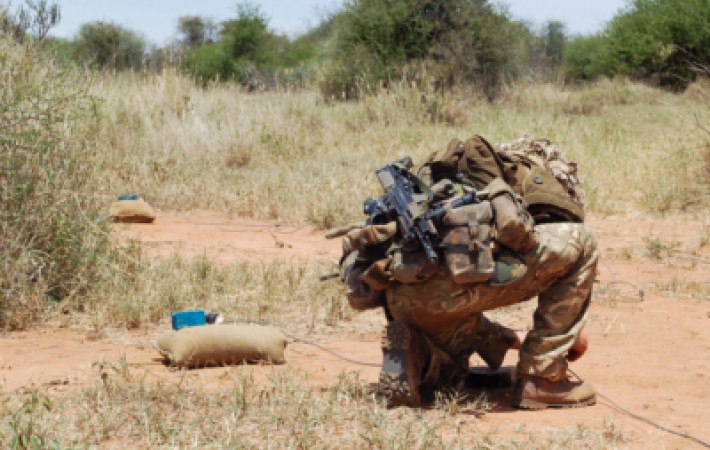
Medical discharge affects a significant number of military personnel and can present many challenges. There were approximately seven discharges per day from 2017 to 2018.
In the Ministry of Defence’s annual publication, it was reported that there were a total of 2,451 medical discharges in the Regular Armed Forces between 2017 and 2018.
The two principal causes of medical discharge were musculoskeletal injuries, for example back pain and cold injury, and mental or behavioural disorders, such as depression and PTSD. The Forces aim to keep affected military personnel in service, in the existence of a suitable job which can be performed alongside illness or injury limitations.
Those injured on operations and medically discharged may receive compensation from the Armed Forces Compensation Scheme (AFCS), aiming to provide realistic and sustainable support for a civilian future, however financial difficulties are still likely to occur, especially in a family setting.
Veterans will require new employment, but could face challenges reintegrating back into society, transferring their skills into the civilian workplace and finding fulfilment from a career change. At the same time, some injury and illness could result in disability and prevent working full-time, or at all.
When there is denied eligibility for compensation payment, there may be financial struggle and lack of support. As well as this, injury or illness must be dealt with. The adjustment period after leaving the military is different for everyone and depends on the cause of medical discharge, but most veterans will face and attempt to overcome various transition challenges such as:
Trouble sleeping
Difficulty concentrating
Irritability and short temper
Feeling on edge
Social withdrawal
Low mood
These challenges can put a strain on many aspects of everyday life, such as relationships and job prospects. In addition, medical conditions can pose further problems, for example chronic pain and exhaustion.
For those facing adjustment disorders affecting day to day life, there are many steps to take which can lead to positive and meaningful changes, helping to better manage symptoms.
Exercising regularly (within the limits of illness and injury) increases endorphins and something as simple as a 5-minute outdoor walk or some light stretching can help boost a low mood
Establishing a sleep routine is essential to recovery and it can be vital to assess and alter the sleeping environment including light exposure, temperature, noise, mattress age and caffeine intake
Practising mindfulness techniques can seem strange initially and perhaps unnatural, but carving out time for the present and focussing on the senses can offer peace of mind and reduce stress and anxiety
Expressing feelings to family, friends, other veterans or military charities may be the hardest but most significant step in the recovery process and could kick-start a more positive outlook
Forces personnel with serious injuries can be helped to live fulfilling lives, but appropriate compensation can be crucial to accessing this help.
If you have been affected by a military injury, medical discharge or denied AFCS payment, our specialist lawyers are here to guide you through your available options. Get in touch with our team to see how we can help, by emailing MilitaryEnquiries@wilkinchapman.co.uk outside of office hours, or calling our freephone number 0800 046 2567 on weekdays between 9am and 5pm.
Please note this article has been provided as information only and should not be regarded as specific advice to your needs.